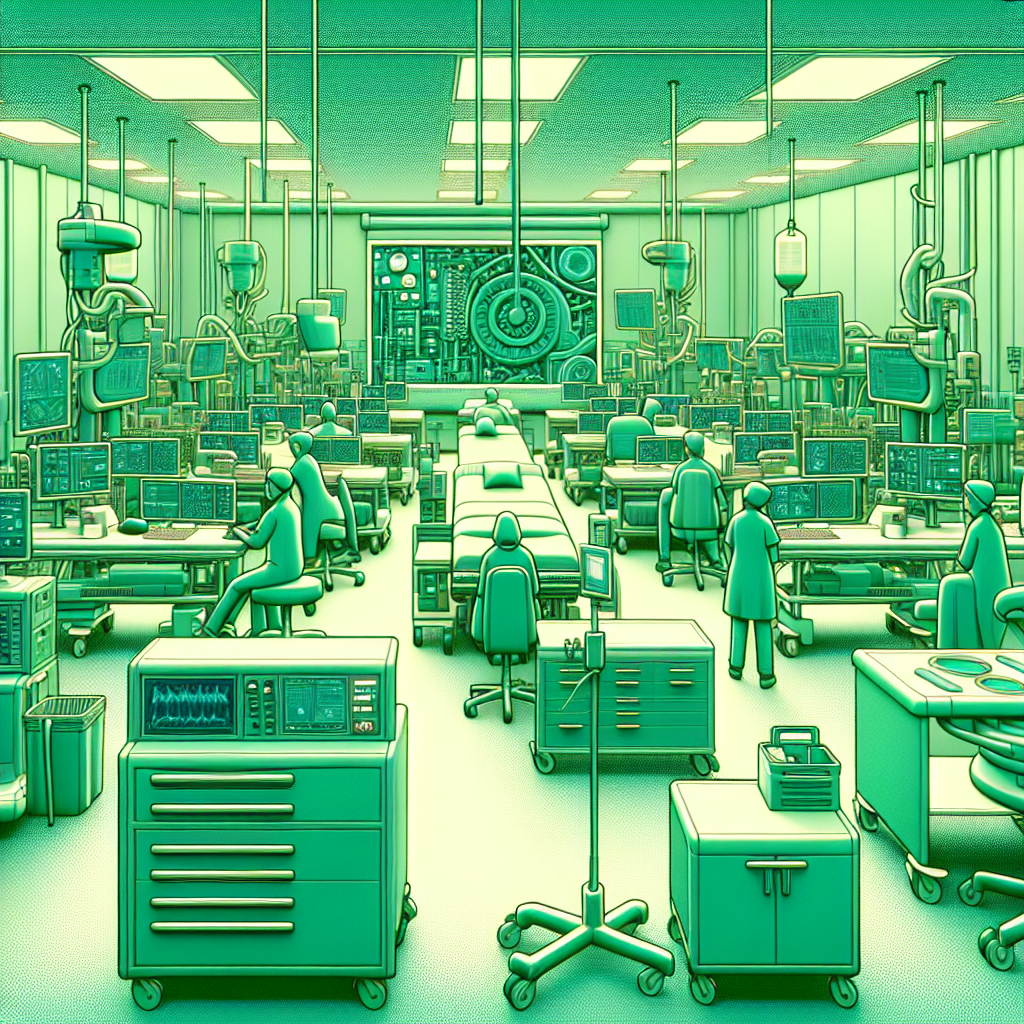Blog Ecobraz Eigre

Reverse manufacturing of medical and hospital equipment
Introduction to reverse manufacturing in medical-hospital equipment
Reverse manufacturing stands out as a strategic process in managing the life cycle of medical-hospital equipment, promoting sustainability and compliance with environmental legislation in force in Brazil. This procedure involves dismantling, analyzing, recovering and reusing the components of these devices, guaranteeing the technical integrity and extending the useful life of these essential assets for public health.
Legal and regulatory foundations applicable to reverse manufacturing
According to Law No. 12.305/2010 (National Solid Waste Policy - PNRS), shared responsibility for the life cycle of products includes the reuse, recovery and reverse logistics stages, and it is essential to adopt practices that make reverse manufacturing of medical-hospital equipment viable. In addition, the guidelines of the National Solid Waste Management Information System (SINIR) provide technical and informational support that reinforces the importance of this practice for the qualified management of waste considered hazardous or special, such as that from this equipment.
Technical processes involved in reverse manufacturing
The process begins with a technical assessment of the equipment to determine the feasibility of recovery. This is followed by careful disassembly and segregation of the components, respecting the applicable technical standards. The safe sanitization of these devices is mandatory, especially when they involve sensitive data or electronic parts, recommending the appropriate procedure of sanitization of electronic media. Recovery, reconditioning or recycling of the materials are subsequent steps that ensure efficient reuse, reducing environmental impact and contributing to hospital sustainability.
Environmental and operational benefits
Reverse manufacturing significantly reduces the generation of hazardous waste and decreases the demand for virgin raw materials. It also improves operational safety by ensuring that refurbished equipment maintains technical and regulatory compliance. This practice fosters the circular economy, aligning with the sustainability goals and socio-environmental responsibility of healthcare institutions.
Implementation and challenges in reverse logistics
To operationalize reverse manufacturing, it is essential to establish structured logistics flows. Specialized collection and correct handling of used equipment must comply with the electronics collection regulations, guaranteeing the safety of employees and the traceability of materials. Integration between the technical, environmental and legal sectors is critical to ensure regulatory compliance and the success of the reverse manufacturing program.
Conclusion
Reverse manufacturing in medical and hospital equipment represents a sustainable and regulated solution for managing the life cycle of these products. Based on the PNRS legislation and SINIR guidelines, and using appropriate technical practices, it is possible to promote the safe recovery and reuse of this equipment, contributing to the reduction of environmental impacts and the strengthening of hospital infrastructure.

Deixe um comentário
O seu endereço de e-mail não será publicado. Campos obrigatórios são marcados com *